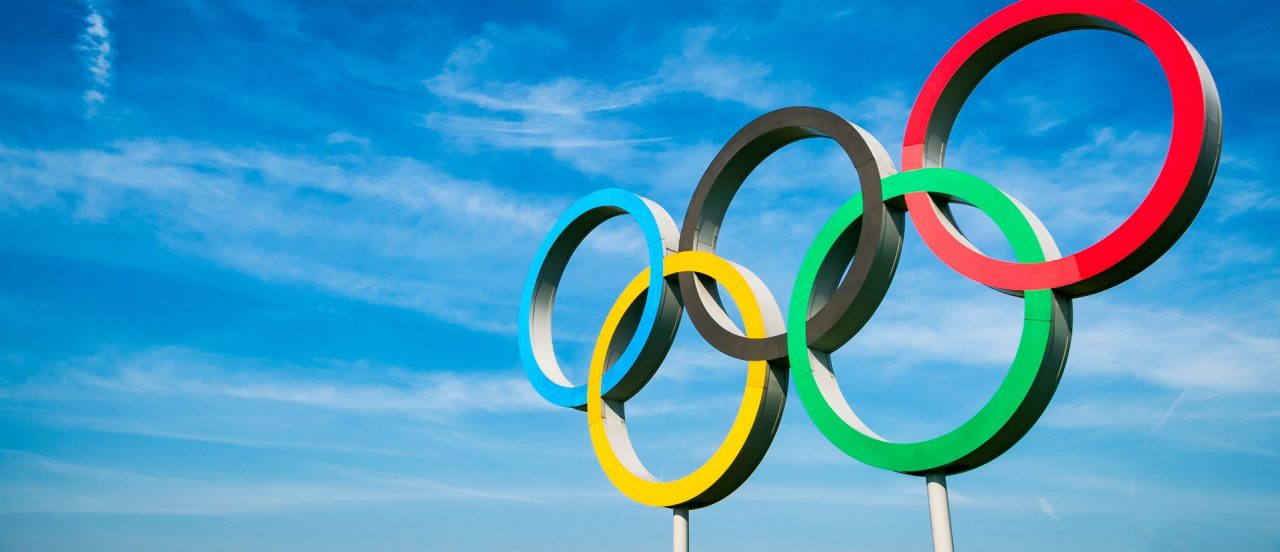Competition is in the spotlight, both in terms of the historic cases filed, legislative proposals made, and perhaps most notably: The Tokyo 2020 Olympics. These new spectators are asking questions like: What is competition law? Why does it matter? How does it apply here? This article will explore why big doesn’t always equal bad, comparing companies that have excelled and risen to the top of their markets with one of the greatest American Olympian of all time – Jesse Owens. Competition, whether in the Olympics or law, produces excellence. Next, the article will explain where it goes wrong – when someone tries to rig the game rather than compete on the merits – using another example, Tonya Harding. Using these two figures, we will explore the purpose and the heart of antitrust law.
By Crystal Utley Secoy, Hart Martin & Caleb Pracht1
I. INTRODUCTION
These days, competition is in the spotlight in terms of the historic cases filed, legislative proposals made, and perhaps most notably: The Tokyo 2020 Olympic Games.
The Tokyo 2020 Olympic Games have been a welcome reminder of the strength of the human spirit during trying times, but what can the excellence of the world’s top athletes teach us about antitrust law? While the Olympics might be more entertaining, at their core, antitrust law and the Olympics are founded on the same principle: free and fair competition. From there, we then can juxtapose good and bad Olympic competitors with good and bad economic ac
...THIS ARTICLE IS NOT AVAILABLE FOR IP ADDRESS 216.73.216.213
Please verify email or join us
to access premium content!

